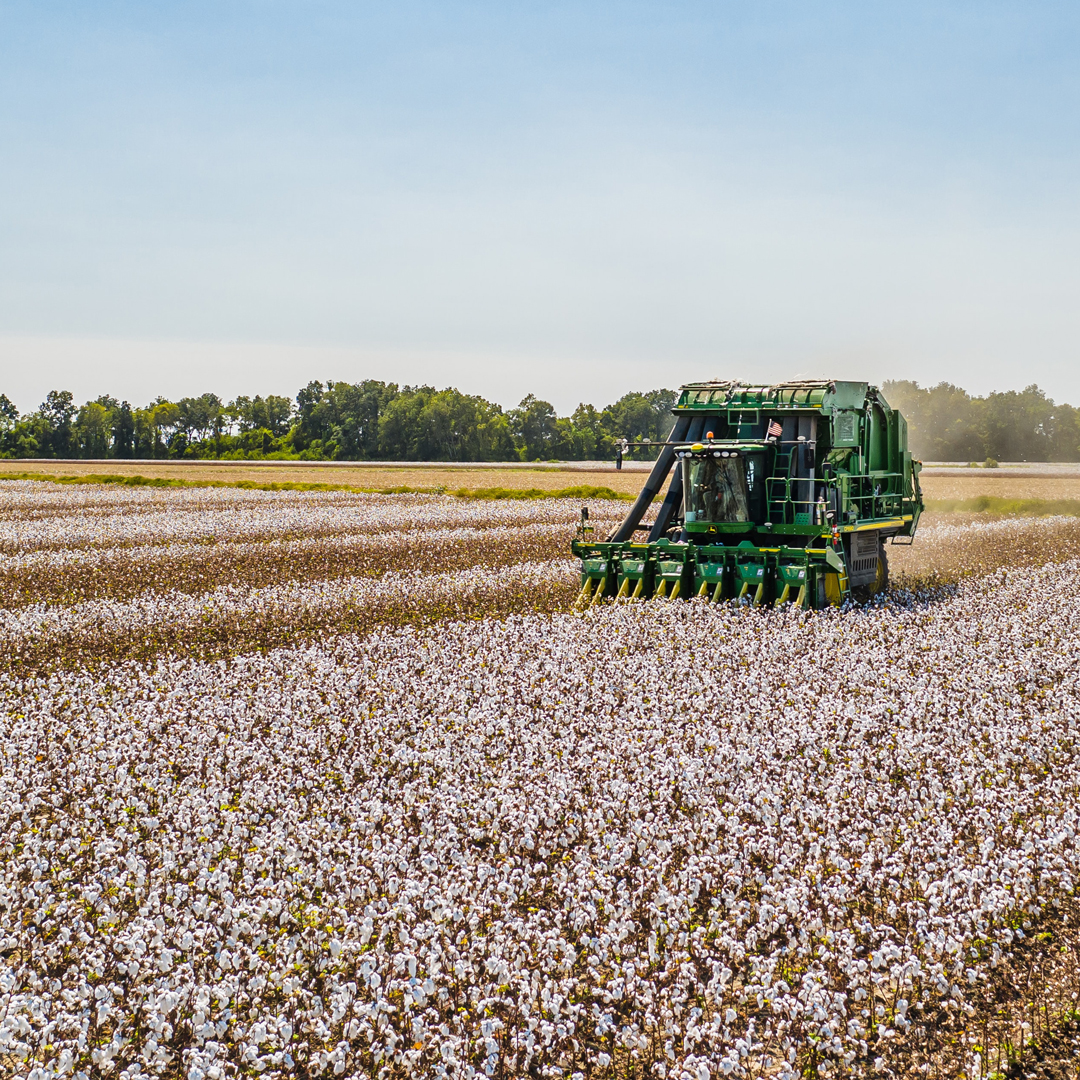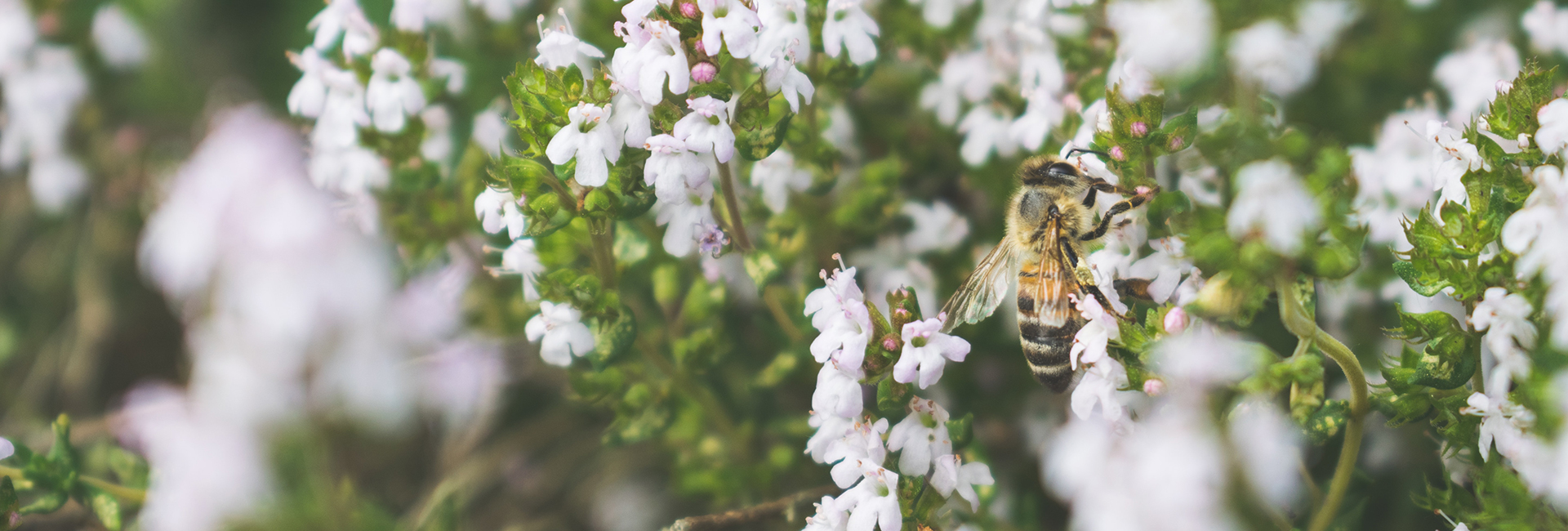Environmental protection, sustainability, nature conservation and species protection - For us at Mister. Bags, these are not just slogans - we also act accordingly. For example, with the sponsorship we have taken on for a bee colony for three years now.
Many of you may not yet have known that the use of organic cotton an important contribution can contribute to these points. Especially with regard to insect protection, and thus also biodiversity, organic cotton plays an important role.
Organic cotton: What are the differences for insect protection?
Cotton fibres are used in the majority of our fabrics. But there are enormous differenceswhether the cotton is grown in the conventional sense or as organic cotton. The most important differences, which also have an impact on insect protection, are:
Renunciation of pesticides
In contrast to the cultivation of conventional cotton, organic cotton completely avoids the use of chemicals. Since the cotton fields are not sprayed with pesticides, herbicides or any other chemical pesticides, the cotton remains healthy. preserve the natural ecosystem.
Thus, by refraining from the use of pesticides, it comes to not lead to insect mortalitypesticides do not recognise whether the insect is harmful or whether it can even be useful.
An immediate side effect for the cotton fabric made from organic cotton is that it is absolutely free from harmful substances and is therefore particularly kind to the skin.
Renunciation of fertilisation
In the cultivation of organic cotton, chemical fertilisers are completely avoided. This also protects the insect world from this chemical burden and it can be no residues in the groundwater which benefits both humans and animals.
Renunciation of genetic manipulation
Genetic engineering must not be used in the cultivation of organic cotton. This applies to both genetically modified seeds and genetically modified cotton plants. It follows that farmers do not have to buy the expensive genetically modified cotton seed. On the contrary, they can use the Seeds directly from their own cotton plants win.
Frequent crop rotation
When cultivating organic cotton, the smallholders pay attention to a sensible crop rotation. This not only preserves the preserve soil fertility. The habitat for the endangered insect world also remains diverse, which has a direct impact on the decline of insect mortality.
Organic cotton: Not only positive effects on insect abundance
The cultivation of organic cotton also has positive effects for the cotton farmers. Most of them are small farmers in countries like India, Pakistan or Turkey. With the organic cotton, they can afford their securing livelihoods, because the demand for organically grown cotton is increasing.
At the same time, they are independent of the large manufacturers of fertilisers or pesticides and do not come into contact with these toxins, some of which are extremely hazardous to health sind.
In the meantime, a rethink has also taken place in the textile industry. Cotton producers who rely on organic cultivation usually work together with certified companies that also ethical working conditions in cotton productionthe finished natural textile. For the farmers who have switched to organic cotton, the positive consequences are therefore noticeable in both health and economic terms.

Organic cotton: consequences for bee colonies
It is not only a one-sided agricultural landscape such as monoculture that ensures that the habitats and food sources of bee colonies are destroyed. It is the use of pesticides and insecticides that is causing the extinction of entire insect species. For the bee world, the primary role is played by the renunciation of neonicotinoids a major role.
Neonicotinoids are a neurotoxin that is partly responsible for the agonising death of bees. However, all other pesticides as well as defoliants can also harm the bees. death of the bees result.
Organic cotton: The cotton industry takes responsibility
For decades, around 15 % of all insecticides and pesticides were used in cotton cultivation. But in the meantime, even the cotton industry aware of its responsibility.
The trend is towards organic cotton and this is increasing!
Of course you can as consumers, continue to encourage and support this trend. When buying your cotton products, simply look for the organic cotton label. In this way, each and every one of us can contribute to biodiversity and ensure, for example, that fewer wild flowers are destroyed, which are the basis of life for wild bees.
Sustainability: Mister Bags and the protection of bees

At Mister Bags, we have not only been sponsors of a bee colony for years at beeswe.love, we are also committed to ensuring that with us there are always more organically grown cotton fabrics come into play.
For us, our GOTS certification is particularly important. Our GOTS range is characterised by the fact that the share of natural fibres at least 90 % lies. Of this, 70 % must be organic cotton.
But as a GOTS-certified company, it is not only the cultivation of organic cotton that is close to our hearts. We also pay attention to the working conditions during further processing of natural products. For us, sustainability also means constantly dealing with the demands this places on us.
Our insect-friendly commitment is just one of the many things we like to do to ensure more fair trade and protection of people and the environment on this earth. Support us in this!
